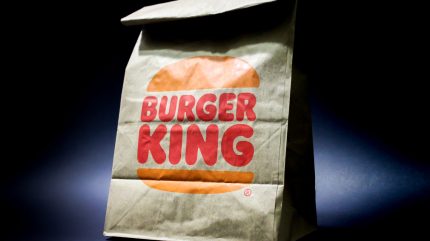
Restaurant Brands Asia (RBA), Indian franchisee of the Burger King restaurant brand, has raised Rs5bn ($60m) in a qualified institutional placement (QIP), with the Massachusetts Institute of Technology (MIT) emerging as the single largest investor, as reported by ETHospitalityWorld.com.
The US-based private research university has invested Rs920m in the issue as a foreign portfolio investor.
The top four investors in the QIP, which concluded on 26 March 2025, were the SBI Multi Asset Allocation Fund, the Arisaig Asia Fund, Mercer QIF Fund Plc and 238 Plan Associates, among 23 participating entities.
RBA group chief executive Rajeev Varman stated: “The funds will be used for opening new stores in India, reducing our debt, strengthening our balance sheet and for general corporate purposes.”
MIT’s strong involvement reinforces India’s status as a key growth hub due to its vast underpenetrated market, especially as many consumer markets worldwide approach maturity.
This investment occurs even as discretionary spending in India has remained sluggish over the past four quarters, particularly in urban areas, where inflation has led consumers to cut back on dining out and other discretionary purchases.

US Tariffs are shifting - will you react or anticipate?
Don’t let policy changes catch you off guard. Stay proactive with real-time data and expert analysis.
By GlobalDataA QIP enables publicly listed companies to raise capital by issuing equity shares, completely and partially convertible debentures, or other types of securities.
MIT has not commented on developments.
According to its most recent regulatory filing for the December 2024 quarter, RBA, which operates the American chain Popeyes and the Canadian brand Tim Hortons in India, manages 510 stores across all its brands in the country.
The company reported a year-on-year decline of 0.5% in same-store sales for the quarter, along with an increased net loss of Rs 503bn, compared to a loss of Rs 360m in the same period of the previous year. However, revenue experienced 5.8% year-on-year growth, reaching Rs6.39bn for the quarter.



